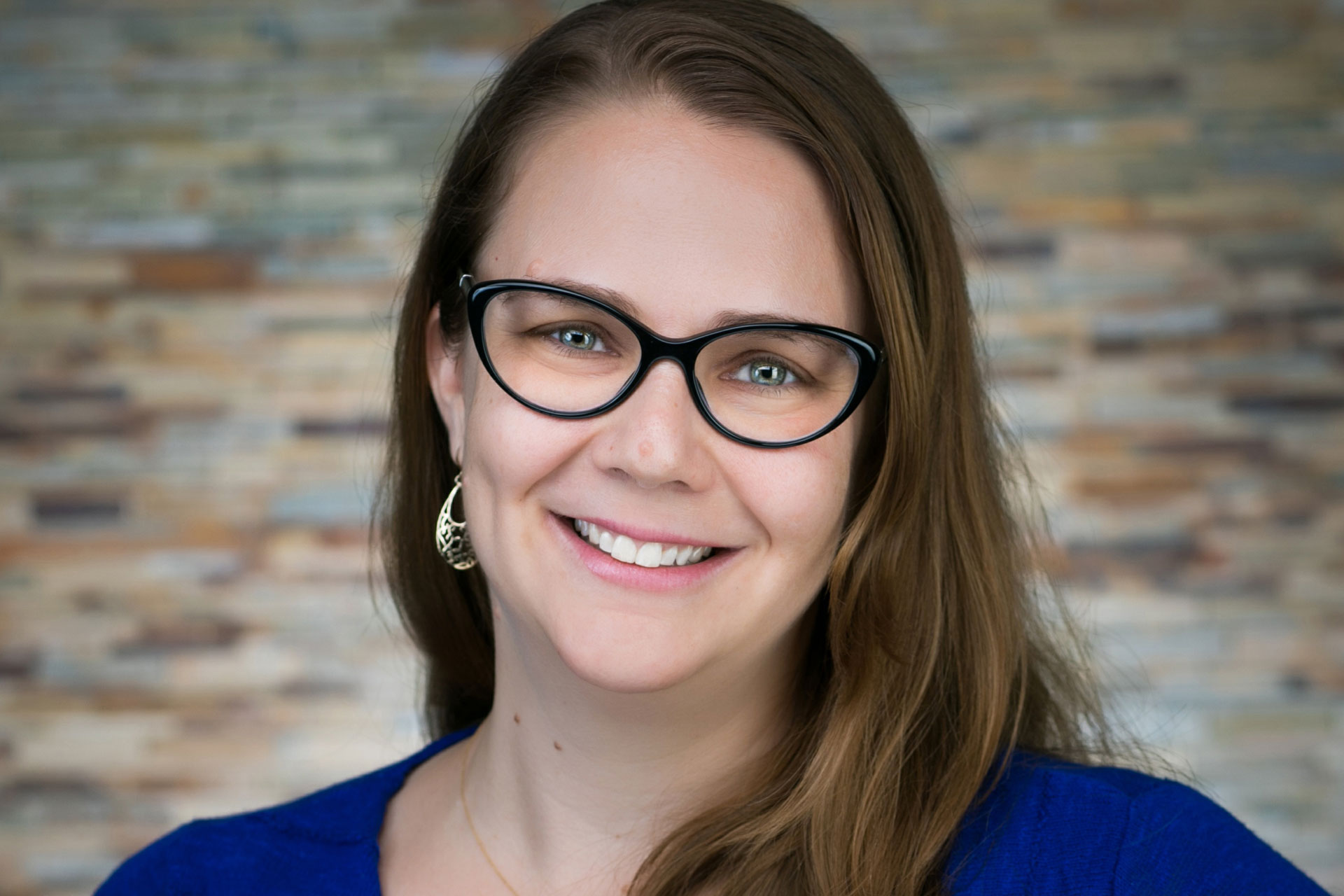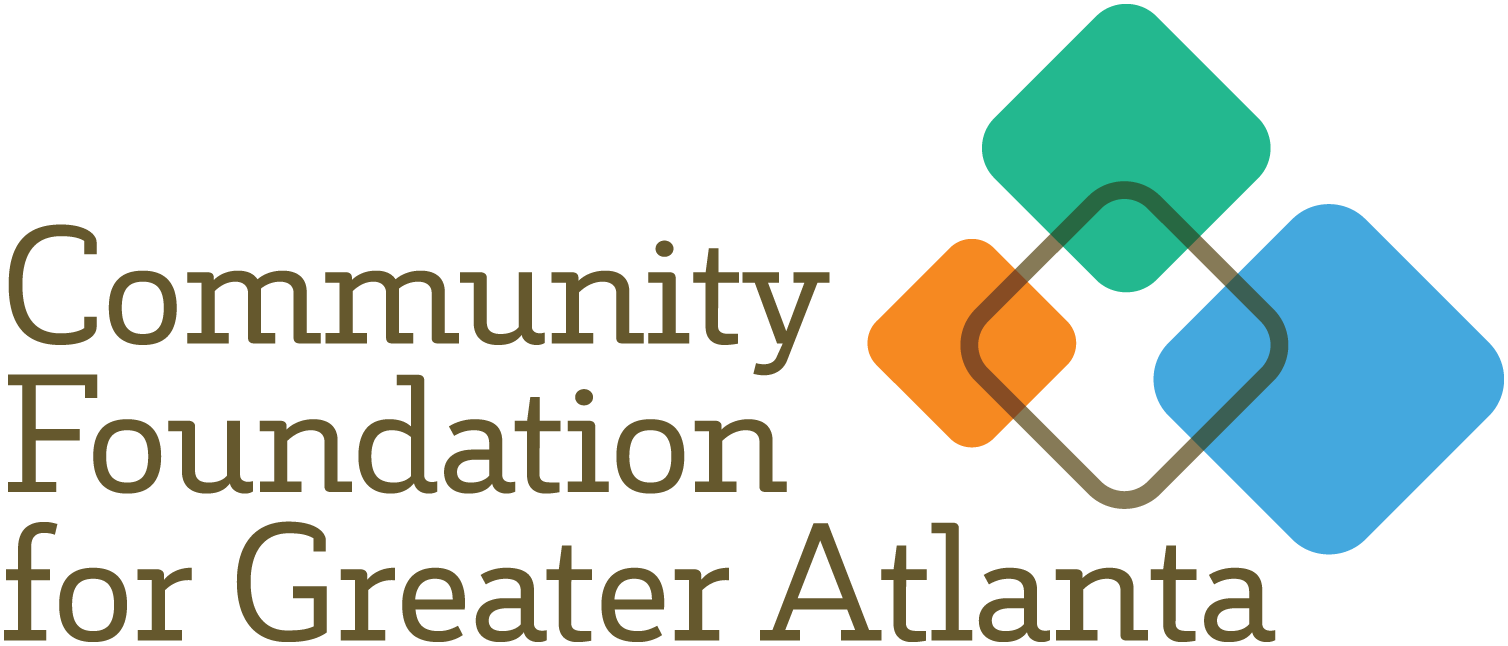
By Alyssa Cobbs, manager, strategic projects
 In The Great Believers, author Rebecca Makkai transports the reader from Chicago in the 1980s, where a group of friends is experiencing illness and death as a result of the AIDS epidemic, to the current day in Paris, where a mother is fighting to reunite with a daughter who is estranged while reconnecting with friends she hasn’t seen in decades.
In The Great Believers, author Rebecca Makkai transports the reader from Chicago in the 1980s, where a group of friends is experiencing illness and death as a result of the AIDS epidemic, to the current day in Paris, where a mother is fighting to reunite with a daughter who is estranged while reconnecting with friends she hasn’t seen in decades.
I was born in the later years of Generation X and didn’t know anyone who was impacted by the loss of loved ones to AIDS. Or so I thought – what I’ve learned through my work at the Community Foundation is that it is more likely than I would have thought for my generation. Did you know that the Community Foundation is a pioneer in HIV/AIDS philanthropy, making our first AIDS-related grant in 1981?
According to the CDC, the Atlanta-Sandy Springs-Roswell metropolitan area ranks third in the nation for new diagnoses of HIV infection and persons living with diagnosed HIV infection. An article in the AJC from this past February talks about why Atlanta is still seeing high levels of HIV infections compared to other major metropolitan areas, “…this is the South, where poverty, income inequality and inadequate public health systems overlap with racism, homophobia, transphobia, and stigma against people living with HIV,” Dr. Melanie Thompson said. “Stigma is literally killing people here.”
In our community, the rate of black men living with HIV is 5 times that of white men and the rate of black women is 15 times that of white women. These disparities are due to larger inequities of access, access to quality education, housing and healthcare. Opportunities that lead any of us to a long and healthy life can vary dramatically by race, income and the zip code where we live. These systemic issues have also led to a person living in Vinings in Cobb County potentially living 24 years longer than a person living in English Avenue in Fulton County. Twenty-four years of life, 10 miles apart.
And then we return to the book, which allows us to follow a story of how HIV/AIDS impacts people before, through and after loss. A story shared about those that receive medical care to live full lives after being diagnosed. A story that provides a surprise that may elicit mixed emotions. So why should you read this novel? Other than it being a finalist for the National Book Award and the Pulitzer Prize, I believe it is important for us to read books that expose us to people, experiences and issues we might not come across in our day to day lives.
The Community Foundation continues to work on HIV/AIDS in our community, largely in partnership with United Way of Greater Atlanta, Jeffrey Fashion Cares and the Allen Thornell HIV Care and Service Fund through the Atlanta AIDS Fund, which was created in 1991, learn more here.
Categories
- Arts, Culture and Creative Enterprises6
- Book Club26
- Community107
- COVID-1934
- Donor Stories39
- Events30
- Great Grant Stories62
- Higher Ground168
- Housing and Neighborhoods14
- Impact Investing28
- Income and Wealth12
- Media22
- News158
- Nonprofits24
- Philanthropic Resources131
- Place-focused6
- Power and Leadership8
- Press Releases99
- Publications62
- TogetherATL20
- Uncategorized335
